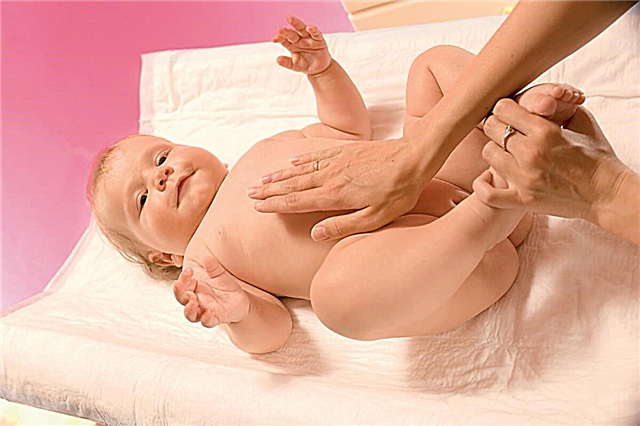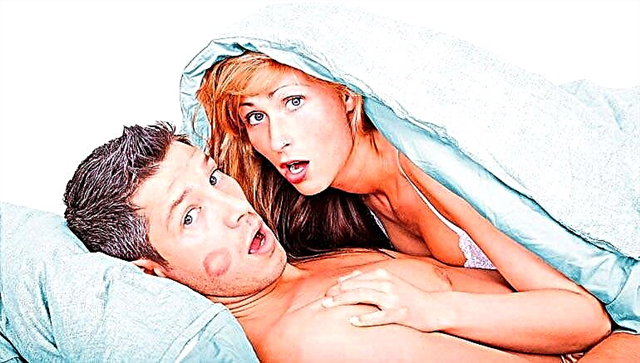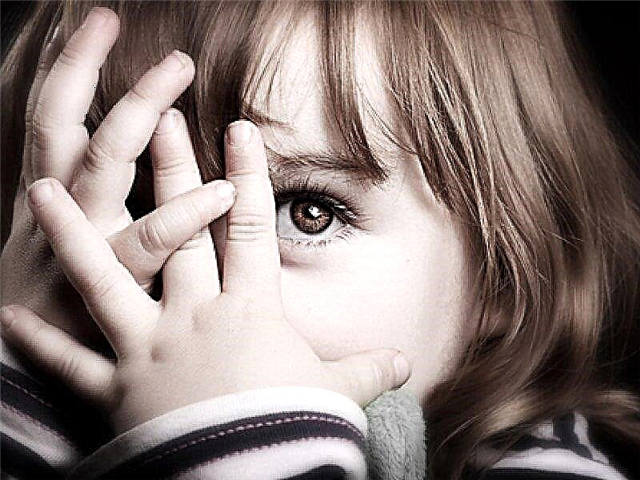
Eczema is a skin disease that has been known since two centuries BC. And until now, doctors and scientists are trying to understand why and how it develops in children and adults.

What it is?
Eczema is a dermatological disease that is not contagious. It can be acute or chronic. It manifests itself in the form of a different rash in the areas of inflammation of the skin. The rash is accompanied by itching, sometimes quite severe. Once onset, eczema tends to relapse, that is, under the confluence of unfavorable circumstances, it appears again.
The occurrence of eczema is one of the most controversial in medicine. Any medical reference book interprets it as a mechanical, chemical and thermal, as well as an internal process. It's believed that hypothermia and overheating, exposure to chemicals on the skin, trauma to the skin, as well as diseases of the liver, kidneys, stomach, hormonal imbalance and diseases of the nervous system can cause inflammation.
The main factor, in the general opinion, is the factor of the nervous system, as well as its relationship with immune abnormalities. In fact, this means that traditional medicine is not able to provide a coherent explanation for the development of eczema. When it is impossible to explain, the nervous system and immunity are blamed for everything, therefore encyclopedic publications call eczema a polyetiological disease, which again does not clarify where and how the skin inflammation comes from.
By the nature of the rash, seborrheic eczema, dyshidrotic, microbial, occupational and callus-like eczema are distinguished. Treatment of eczema is symptomatic - local remedies are used, physiotherapy after periods of exacerbations.

Psychosomatic causes
Psychosomatics considers diseases in a comprehensive manner, from the point of view of physiology and anatomical features, as well as in connection with the psychological state of the patient. It is believed that many diseases people create for themselves by certain attitudes, behavior and emotions. Relationships are studied by psychotherapists, psychoanalysts and clinical psychologists. Human skin, from the point of view of psychosomatics and traditional evidence-based medicine, is a protection... They protect the body from the adverse effects of the external environment, microbes, viruses, pathogenic fungi. And it is quite clear that the condition of the skin is influenced not only by the external environment, but also by the diseases of the internal organs that a person has.
Psychosomatic medicine claims that eczema in most cases has a psychogenic origin and appears mainly when a person has severe and unresolved internal conflicts... Foci of inflammation on the hands and feet appear when these internal conflicts are closely related to the surrounding external world.
Increased anxiety due to distrust of the world, fear of the world, a sense of its danger, increased shyness, prolonged suppression of emotions by a person - these are the true causes of the development of eczema.
The disease usually develops after severe stress... A negative event simply releases an internal conflict that exits through the skin, causing inflammation. The loss of a loved one, the loss of something very personal, important for a person, the collapse of life plans - such events are only a starting mechanism, which gives reason to doctors to inform the patient about the appearance of eczema due to a nervous factor.
At the psychosomatic level a person tries to protect himself from the world by "building up" an additional layer of skin (inflammatory site), increasing its defense.

Who is affected?
Psychoanalysts and psychotherapists, helping people with chronic eczema, have derived psychological portraits of patients, finding little overlap among them. Thus, the description of the classic eczema patient appeared. In many ways, this portrait answers the question of who is more susceptible to this disease.
"Eternal teenagers"... First of all, experts say, it is people with low self-esteem... In them, eczema is always psychogenic in nature and is formed in childhood, more often in the transitional puberty period. A teenager, who already doubts himself, can have an indelible impression on the bright emotional events of his youth: the first unrequited love, conflicts with peers, quarrels and scandals with parents in the struggle for independence.
But such events occur in everyone, and not everyone develops eczema. Just there are people "stuck" in puberty, emotionally remaining at that level of development, not wanting to grow up spiritually... They are touchy, shy of their appearance, rather shy in relationships with the opposite sex, jealous. They have a heightened sense of anxiety - the world is hostile for them, uncomfortable.
Eczema appears in these patients as an additional protective measure and is exacerbated every time a person, as an adult, falls into adolescence.

"Unhappy spouses"... This category of patients with eczema is quite numerous. For the first time, the disease appears in them in the adult period. The overwhelming majority of such people, according to the results of psychoanalytic reports, are married, but they are unhappy in it.... Adults become such for a variety of reasons, but one thing unites them - they all endure unwanted relationships for quite a long time.
Gradually, resentment or irritation accumulates, which, not having the opportunity or courage to pour out on a partner, the dissatisfied spouse pours out on himself. Both self-esteem and health suffer - first acute eczema develops... Basically, the hands are affected, almost always the ailment becomes chronic and manifests itself every time another family problem occurs.
Children in fear... Eczema in childhood develops in children who grow up in a state of fear... Usually, such children are brought up by powerful and authoritarian parents who do not disdain physical punishment, allow themselves to yell at the child, dictate what, when and how to do it, with whom to be friends, which sections to attend, how to study and where to enter.
Eczema is created by children subconsciously as an additional protection from the world, which inspires fear, since the model of the world is created by the parents to be rather aggressive.

Women over the age of 30... Eczema is more common in women than in men. Researchers associate this with the characteristics of the age of women after 30 years. Psychologically women begin to feel anxious that they are losing attractiveness, aging - this leads to dissatisfaction with one's own appearance, to the desire to isolate oneself from the world. They try to make sure that no one looks at them, does not notice wrinkles or cellulite.
"Militant loners"... This psychotype of patients can occur at any age, but more often eczema develops in adolescents and young people with a complete lack of understanding of the world and its rules... Such people prefer solitude, loneliness, they do not like company, they are annoyed by the need to contact someone. Often these people suffer from social anxiety disorder or personality disorder. They not only seek to retire, but are also ready to rather aggressively defend their inner world from the influences of the outside.
They "create" eczema for themselves in order to scare others away, clearly understanding that hands covered with inflammatory lesions, even if they are not infectious, do not cause in the interlocutors a desire, for example, to shake hands or hug. Thus, patients try to isolate themselves from the intrusive attention of strangers.

Treatment and psychotherapy
Quite often, medication is only temporary and the eczema returns. Therefore, psychotherapeutic treatment must be added to traditional treatment. Very it is important to determine why the disease appeared and try to smooth out or completely eliminate the causes.
A psychotherapist can help in this, who will not only find out the primary source of the disease, but also provide the necessary psychocorrection. First of all, he will try to do so so that the outside world does not seem hostile to the patient, and also teaches you to live in harmony with your own emotions... There are many methods for this, including art therapy, NLP, visualization and transactional analysis.
One of the best treatments for psychogenic eczema is hypnotherapy.... An integrated approach to treatment helps to reduce the incidence of relapse of the disease, and sometimes leads to a complete cure. In any case, the patient's quality of life improves significantly, and this is due not only to the fact that skin rashes appear less often - he begins to use a new model of thinking and behavior in everyday life.
In the case of children, family psychotherapy is used, since much has to be revised by parents both in upbringing and in relation to the child. As a rule, children's forms of eczema are treated faster and better than adults, since children do not yet have ossified psycho-attitudes in the subconscious - they are more flexible and malleable.
In the case of conjugal psychogenic eczema, divorce is often very helpful.... By getting rid of the need to be in a relationship that does not bring joy, people partially get rid of irritation and resentment, which has a positive effect on the condition of their skin.




